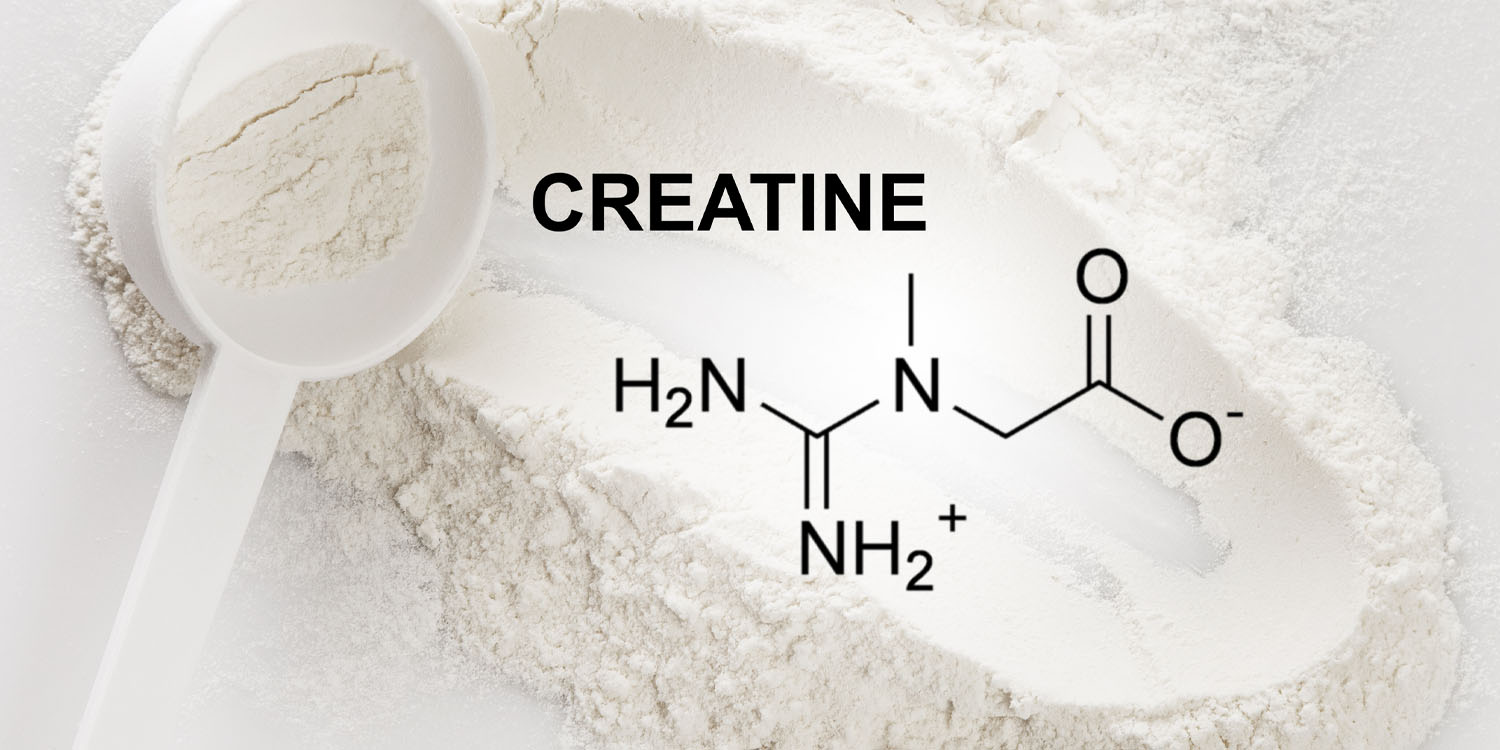Scientists in Germany have found evidence that a single large dose of creatine, a supplement commonly embraced by athletes for physical performance enhancement, can temporarily uplift cognitive abilities diminished by lack of sleep. Published in Scientific Reports, the findings open a new chapter in understanding how dietary supplements can influence brain function under stress conditions such as sleep deprivation.
Modern lifestyles often compromise sleep, leading to decreased productivity and an increase in accidents and chronic health issues. To combat these negative effects, people frequently turn to stimulants like caffeine. However, researchers are constantly on the lookout for safer and more effective alternatives. Creatine, known for its benefits in the sports arena, has also shown promise in protective and cognitive enhancement roles in preliminary studies, prompting researchers to explore its potential further in the context of sleep deprivation.
Creatine is a natural compound found in small amounts in certain foods like meat and fish, and it is also produced by the human body, primarily in the liver and kidneys. It plays a crucial role in energy production within cells, especially in muscle and brain tissue.
In the form of creatine phosphate, it helps to rapidly regenerate adenosine triphosphate (ATP), the primary energy currency of the cell, which is vital for maintaining cellular functions during high-energy demands such as intense physical or mental activity. Creatine is widely used as a dietary supplement, particularly among athletes and bodybuilders, to increase muscle mass, enhance strength, and improve exercise performance.
The study involved fifteen healthy adults who were free from sleep, psychiatric, or neurological disorders. All participants were non-smokers, did not use drugs, and were free from any medication. The research adhered to strict ethical standards, and all participants gave informed consent. To ensure reliability, participants abstained from caffeine and alcohol for at least 48 hours prior to the experiments and maintained a consistent sleep schedule before and during the study period.
The research was structured as a double-blind, randomized, cross-over trial. This means that each participant received both the creatine supplement and a placebo in a random order on separate nights, with a minimum five-day interval between sessions. The study sessions were held in a controlled environment where participants stayed awake throughout the night under close monitoring to prevent sleep.
Participants underwent several rounds of cognitive testing and brain scanning using magnetic resonance spectroscopy (MRS) to measure changes in brain chemistry and cognitive performance across the night. Creatine or placebo was administered in the evening, and cognitive tests were conducted at multiple points thereafter, up to the early hours of the morning.
Participants who received creatine performed better on various cognitive tasks, including word memory and reaction time tests, compared to when they received a placebo. This suggests that creatine has the ability to increase mental alertness and memory capacity during times when sleep deprivation would normally diminish these cognitive abilities.
The researchers observed changes in brain chemistry that accompany the cognitive improvements. Using magnetic resonance spectroscopy (MRS), they noted alterations in levels of brain metabolites associated with energy metabolism.
Notably, creatine increased the total creatine levels in the brain, which correlates with enhanced energy management within brain cells. This biochemical change likely supports the brain’s ability to maintain cognitive performance despite the lack of sleep, suggesting a direct link between creatine’s effects on brain metabolism and its enhancement of cognitive functions.
“The results suggest that a single but high dose of creatine enhances thinking capacity and causes changes in the brain’s energy reserves during sleep deprivation,” said Ali Gordjinejad, coordinator of the study from the Institute of Neuroscience and Medicine at Forschungszentrum Jülich.
These findings are particularly significant because they offer a non-stimulant alternative to other psychoactive substances like caffeine, which are commonly used to combat the effects of sleep deprivation but can have undesirable side effects and diminishing returns with frequent use. Creatine, by contrast, might provide a safer and more sustainable method to boost brain function when sleep isn’t possible.
“Our outcomes show that administering a high single dose of creatine can partially reverse metabolic alterations and fatigue-related cognitive deterioration,” the researchers wrote. “The results revise the established assumption that creatine supplementation only works over a longer period. The crucial factor appears to be the increased energy demand of the neuronal cells in combination with an increased extracellular creatine availability.”
However, it’s important to note that the cognitive enhancements observed were temporary and the study was limited to a small group of healthy young adults. The effects of long-term creatine use for cognitive enhancement, especially in the context of chronic sleep deprivation, remain unknown.
Future research could expand on these findings by exploring the long-term safety and effectiveness of creatine, potentially establishing it as a viable supplement for enhancing cognitive performance in real-world scenarios where sleep deprivation is common.
“For the time being, however, it is not advisable for people to take such a high dose of creatine at home, as high doses of the substance put a heavy strain on the kidneys and can cause health risks,” Gordjinejad noted. “However, if future studies show an increase in cognitive performance at lower doses, creatine might become a serious competitor to coffee during long working nights.”
The study, “Single dose creatine improves cognitive performance and induces changes in cerebral high energy phosphates during sleep deprivation,” was authored by Ali Gordji-Nejad, Andreas Matusch, Sophie Kleedörfer, Harshal Jayeshkumar Patel, Alexander Drzezga, David Elmenhorst, Ferdinand Binkofski, and Andreas Bauer.

Rachel Carter is a health and wellness expert dedicated to helping readers lead healthier lives. With a background in nutrition, she offers evidence-based advice on fitness, nutrition, and mental well-being.








